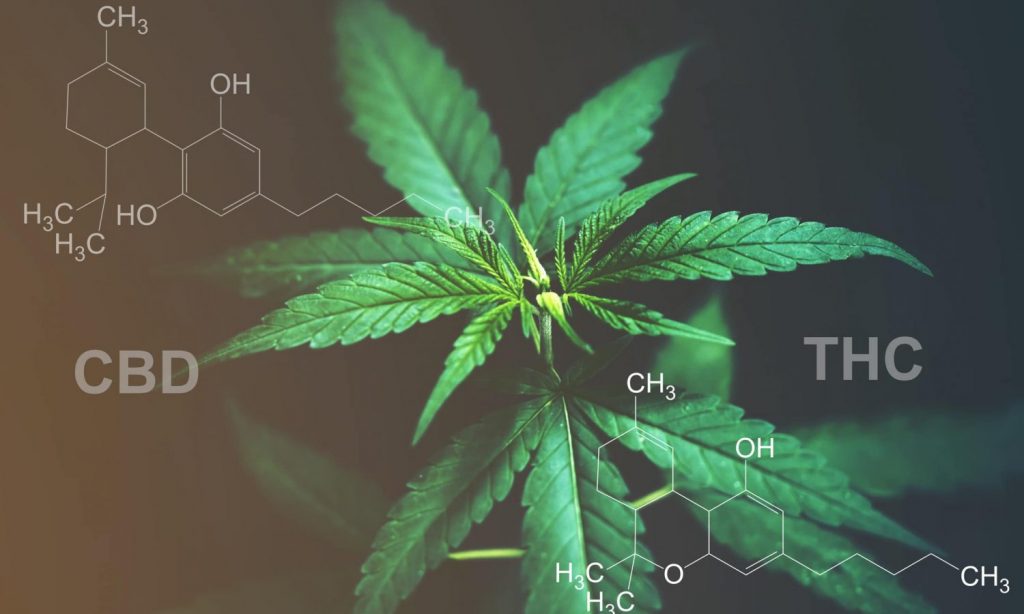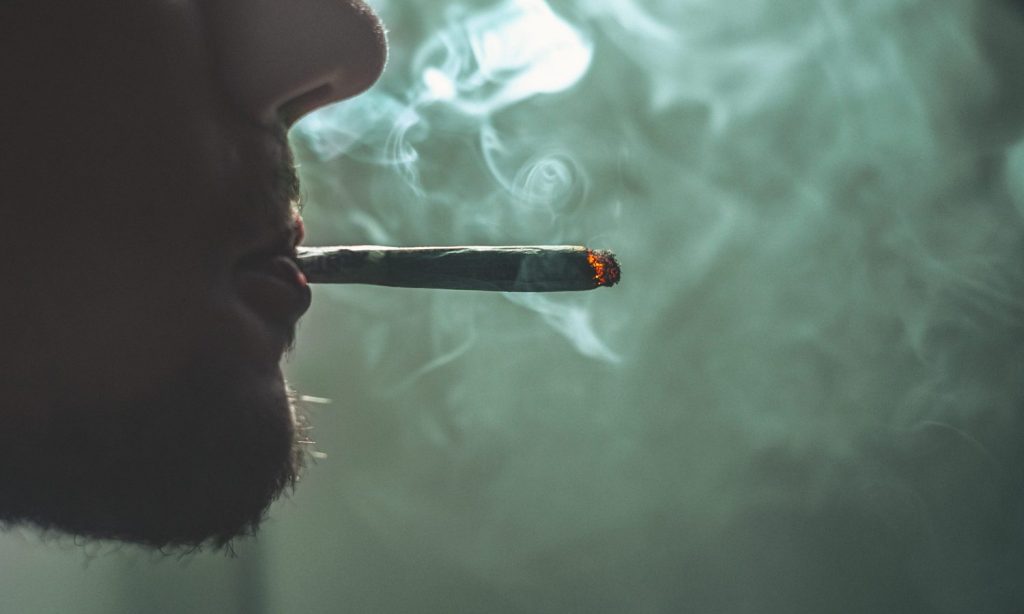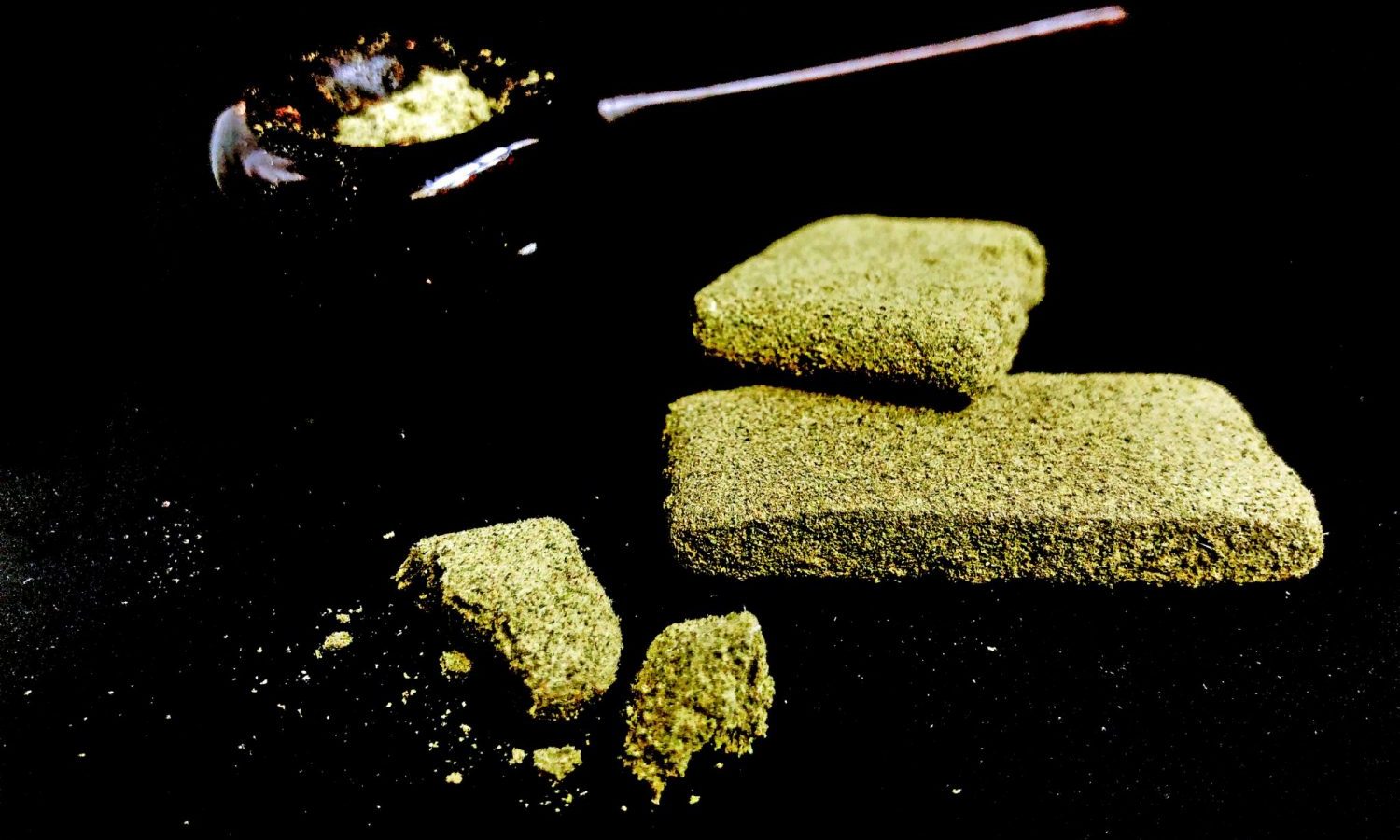Researchers of a new study note that CBD plays an important role in risk reduction for users of high THC cannabis.
Disclaimer: The views expressed in this article solely belong to the author and do not necessarily represent those of The Fresh Toast.
A U.K. think tank has published a study called Changes in delta‐9‐tetrahydrocannabinol (THC) and cannabidiol (CBD) concentrations in cannabis over time: systematic review and meta‐analysis.
A meta-analysis is a fancy word for studying studies, and generally speaking, the larger the sample, the more reliable the results will be, and the Addiction and Mental Health Group at the University of Bath “analysed data from more than 80,000 cannabis street samples tested in the past 50 years in the US, UK, Netherlands, France, Denmark, Italy and New Zealand.”

However, the very long time span for the sampling may be more of a problem than an asset. Fifty years ago, none of these countries were major producers of hashish.
For example, it was 50 years ago when I first bought some Moroccan “blond” hash in Fort Worth, Texas. (Long story) I’m pretty sure a Texas sheriff would not have known what it was. Or how to test for THC, whatever that was.
SEE: Are Amsterdam Cannabis Coffee Shops Shutting Down?
On the other hand, Europeans had been smoking Lebanese, Moroccan, or Afghan hash for decades, usually mixed with a deadly drug called “tobacco.”
SEE: Guide To The Different Types Of Hash From Around The World
The headline on this story emphasized something about THC concentrations in “cannabis resin” having “increased by 24% between 1975 and 2017.”
To Americans who have been told for decades that marijuana potency (THC) has increased by multiples, that is really puzzling. What’s the big deal?
SEE: Is Marijuana Stronger Now Than It Was In The 1960s?
But this meta-analysis says that in “herbal cannabis, THC concentrations increased by 14% between 1970 and 2017. This was primarily due to a rising market share of stronger varieties, such as sinsemilla.”
To make things even more confusing, the headline on the article published in the research journal at the University of Bath emphasizes Cannabis strength soars over past half century — new study: Largest study on how cannabis has changed over time finds increased strength putting consumers at greater risk of harm.

So their headline does not match their data. It seems to have been tailored to emphasize a standard bit of prohibitionist propaganda, about potency and risk.
However, it is important to note that they do say that CBD plays an important role in risk reduction for users of high THC cannabis.
They say, “Traditionally, cannabis resin contained much lower amounts of THC with equal quantities of CBD (cannabidiol, which is believed to have some health benefits), however, CBD concentrations have remained stable as THC has risen substantially, meaning it is now much more harmful than it was years ago.”
That point reflects a very British obsession with what they call “Skunk” which is the focus of their own version of “Reefer Madness”. Skunk is simply “herbal cannabis” which is supposedly very high in THC, but very low in CBD. Of course, being contraband, there is no precise definition of Skunk.
Meanwhile back in the U.S., hashish has much lower levels of THC than popular concentrates (dabs, wax, etc.). Consequently, this meta-analysis would seem to be of dubious relevance. However, its conclusion actually supports legalization, because they say, “As the strength of cannabis has risen, consumers are faced with limited information to help them monitor their intake and guide decisions about relative benefits and risks. The introduction of a standard unit system for cannabis — similar to standard alcohol units — could help people to limit their consumption and use it more safely.”
Of course, that is possible only with legalization. Only legal cannabis has its THC potency on its label. Only legal cannabis tells consumers what the CBD level is.
Richard Cowan is a former NORML National Director and author of How Does Hemp Help Regenerative Agriculture?


